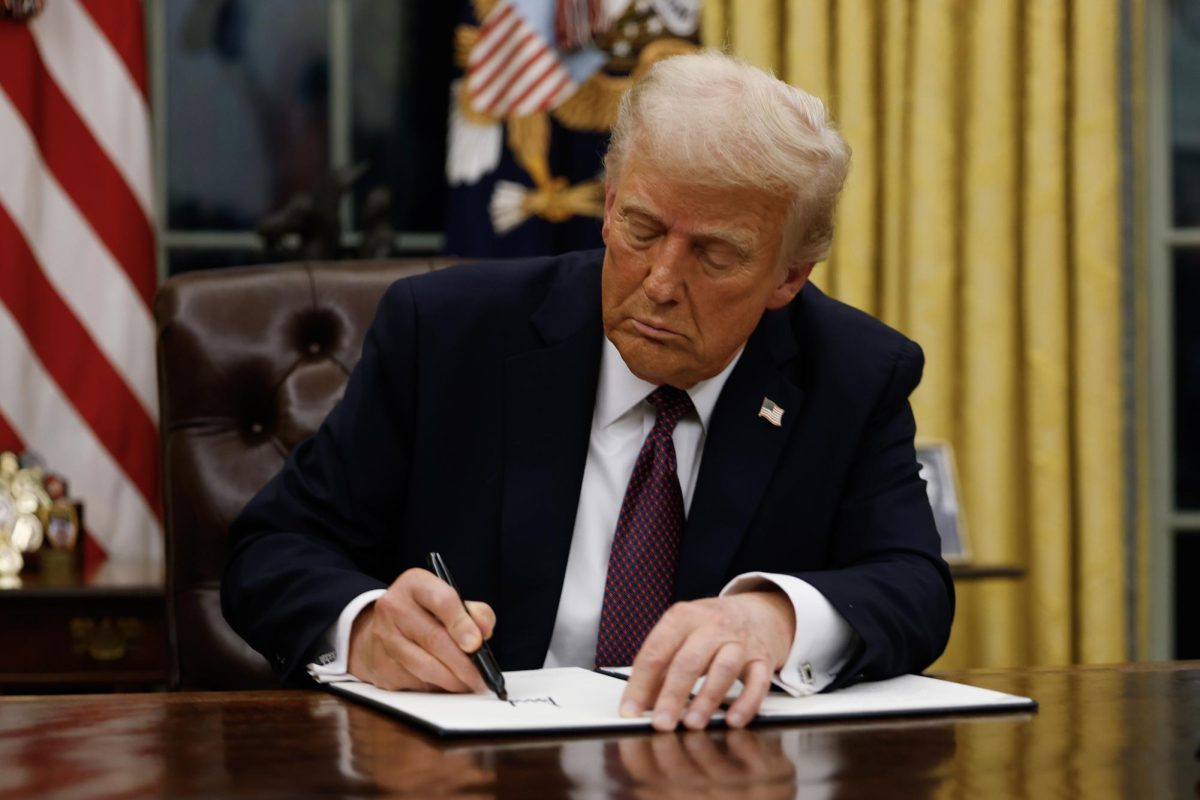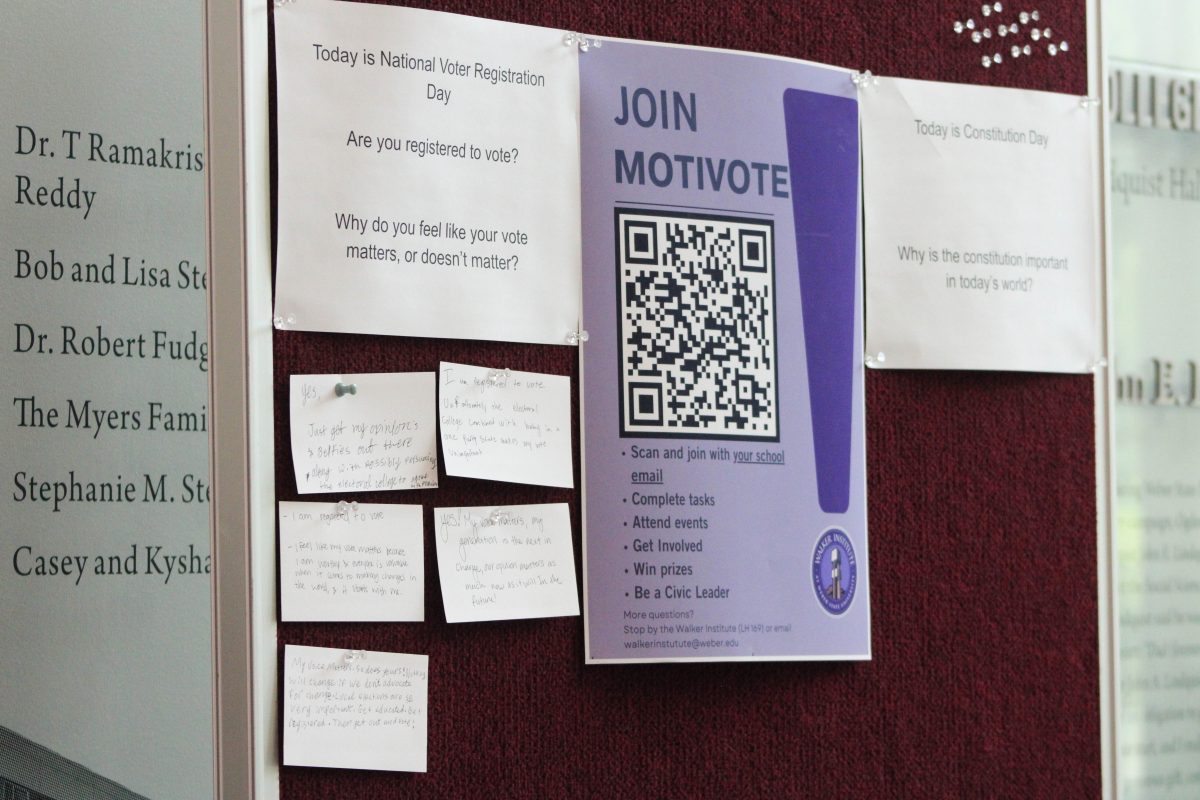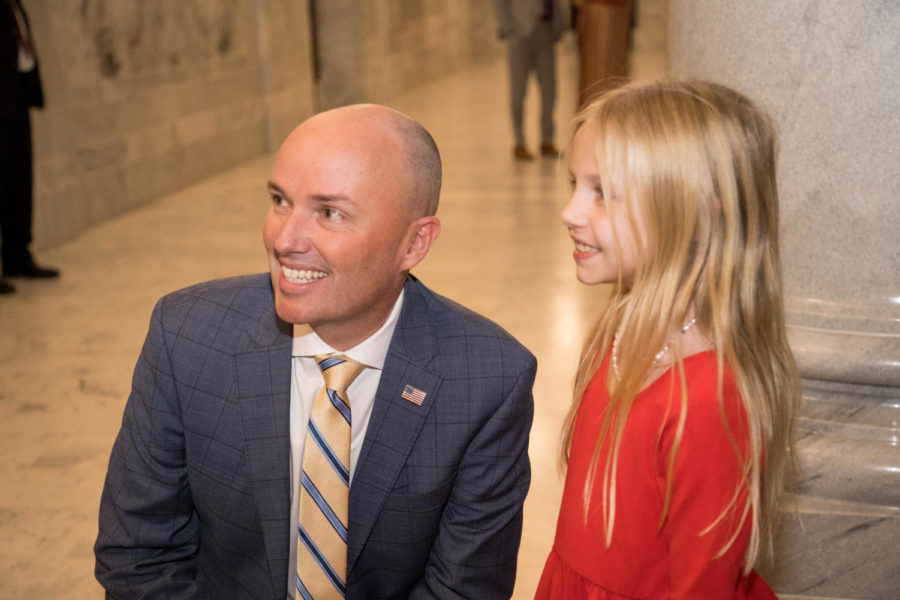
As Hillary Clinton’s email scandal continues to be a national discourse, the internet is riddled with every opinion as to what should happen to Clinton, including the occasional death threat. Killing someone over emails cannot be an emotionally sane choice.
While many focus on the scandal, few mention the technological ignorance that both major campaigns are fueling.
On the other side, Donald Trump has made some appalling statements regarding the internet, such as, “We’re losing a lot people because of the internet, and we have to do something. We have to go see Bill Gates and a lot of different people that really understand what’s happening. We have to talk to them, maybe in certain areas, closing that internet up in some way. Somebody will say, ‘Oh freedom of speech, freedom of speech.’ These are foolish people. We have a lot of foolish people.”
More about Trump later.
I find that many people are paying attention to the content of Clinton’s emails and not the motives behind what happened. I doubt Secretary Clinton planned on exposing national security secrets.
Like most people in their mid- to late sixties, Clinton probably didn’t understand exactly how her emails and home server were connected. She understands political science, not encryption or the difference between a bit and byte. She was using a BlackBerry cell phone during her time as Secretary of State; it was tethered to a private email server in Clinton’s Chappaqua, N.Y. home, unknown to the security officials in the State Department.
Yes, she was using a BlackBerry — the Motorola Razr was apparently unavailable.
As Clinton used two emails during her time as Secretary of State — hrod17@clintonemail.com and hdr22@clintonemail.com — it was clear to the other members of the staff that her emails weren’t coming from a government email address, which end in “@state.gov”.
Technology seems to grow as a means for politicians to get their messages across, but not something they seek to understand. I view an increasing gap in between politics and the tech industry.
Using technology without understanding the consequences is an irresponsible stance to take, both in protecting national security and freedom of speech through the internet.
Trump’s mention of Silicon Valley earlier reflects a notion that the tech industry is something that can be told to cater to our every whim. Silicon Valley has its own political agenda, which politicians are ignoring as well.
Silicon Valley is one of the largest areas of H1-B visa applicants — finding the best talent to provide quality software isn’t about borders — they take the talent regardless from where it comes.
We need politicians and candidates to understand the next voters in our society, those to whom technology is at the forefront in their lives.
Shutting down the internet is not a solution to any problem, neither is throwing a senior citizen into jail for not understanding how email works.
Perhaps Edward Snowden could serve as the Chief of Technology for our next president.



















